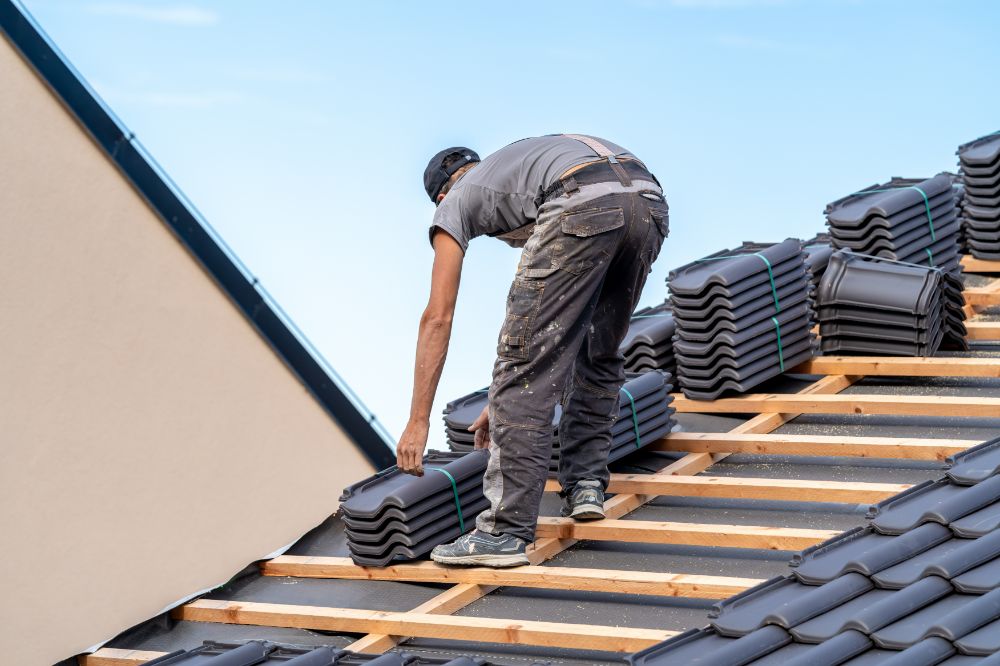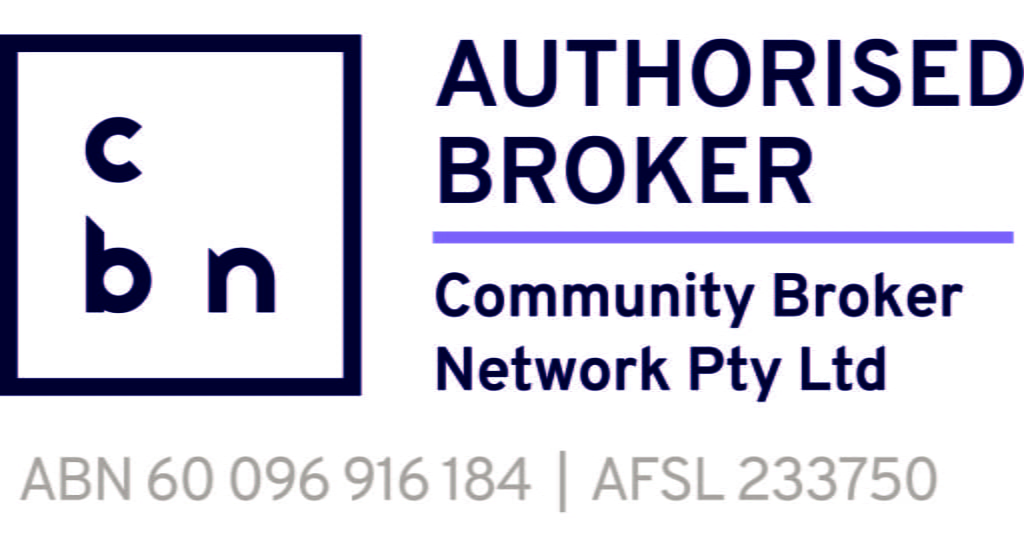Do You Need Insurance as a Roofer?
As a roofing contractor, you understand that some risks and challenges come with your line of work. From on-site accidents to property damage, many potential liabilities could harm your business. That’s why having the right insurance coverage is critical to protecting your business and clients. In this blog post, we’ll explore the ins and outs of insurance for roofers. From understanding the scope and importance to exploring the different types and additional coverage options, this guide aims to help you make informed decisions about your insurance needs.
Background of the Roofing Industry In Australia
The roofing industry in Australia is estimated to be worth over 4.2 billion dollars, with more than 10,000 businesses operating within it. This means a large number of individuals and companies are exposed to the potential for accidents, property damage, or other liabilities when working on roofs. Furthermore, Australian weather can be unpredictable and harsh, meaning that any damages caused by storms
or other weather-related incidents may be difficult or even impossible to mitigate. As such, roofers insurance is essential in protecting your business and clients from any potential risks associated with the roofing industry.
Understanding Roofers Insurance
Roofers insurance offers protection against various risks and liabilities that could arise during roofing projects. It aims to safeguard your business from financial losses and damage claims arising from accidents, injuries, or property damage. By having the right coverage, you can protect your business’s reputation, clients, and employees.
Types of Roofers Insurance:
There are different types of insurance coverage available for roofing contractors:
Public Liability Insurance – This type of insurance is essential for any roofing contractor. It covers any third-party injuries, property damage, and legal fees that may be incurred during work. For example, if a worker accidentally damages a client’s property during a roofing job, this coverage would cover the costs of repairing the damage. Public liability insurance is often mandated by state laws and is typically required by clients before starting a job. To learn more about this coverage and how to compare policies, read our blog on comparing public liability policies.
Workers Compensation Insurance – Roofing requires physical labour, which can cause workers to get injured. Workers compensation insurance covers medical expenses and lost wages of workers who are injured on the job. This can include injuries from falling off a roof, getting hit by equipment, or suffering from repetitive motion injuries. This type of insurance is required by law in most states if you have employees.
Commercial Auto Insurance – If your roofing business involves the use of vehicles, commercial auto insurance is necessary. It covers any accidents that happen while driving your company’s vehicles, as well as any damage to the vehicles. This type of insurance can be tailored to your specific business needs, from the type of vehicle to the amount of coverage.
Professional Indemnity Insurance – This type of insurance is also known as errors and omissions insurance. It covers any potential lawsuits filed by clients claiming that your work is faulty or was not completed as agreed upon. This type of policy can be very useful when it comes to dealing with disgruntled clients or unhappy outcomes.
How to Choose the Right Insurance Policy as a Roofer

When choosing insurance coverage, it’s crucial to consider your business’s unique risks and needs. Factors to consider include your business size, location, services offered, and number of employees. It’s also essential to research different insurers and compare their policies, reputation, and customer reviews. Seeking expert advice from a trusted insurance agent or broker can help you make informed choices about your insurance coverage.
Cost of Insurance for Roofers
The cost of insurance as a roofer varies depending on several factors, such as coverage type, policy limit, deductible, and business size. To save costs, consider bundling your policies or raising your deductible. Implementing safety measures and having proper training and certifications can also reduce your premiums and minimise risks.
Claim Process in Roofers Insurance
When a covered loss occurs, it’s crucial to file a claim with your insurer promptly. The steps typically involve filing a claim form, providing evidence of the loss, and cooperating with your insurer’s investigation. Communicating effectively with your insurer and providing accurate information can boost the chances of a successful claim.
Tips for Roofers to Minimise Risks and Claims
To minimise the likelihood of claims arising from roofing projects, contractors should adopt various safety measures such as providing proper equipment, tools and safety gear for employees. Regular training and certifications also ensure that workers are adequately trained to avoid accidents, which could cause injuries. Staying current with the latest roofing technology and materials can increase efficiency and minimise errors, resulting in fewer claims and costs.
Conclusion
In conclusion, understanding roofers insurance is critical to protect your business and clients. It’s essential to research different coverage options, consider your business’s unique risks, seek expert advice, and implement safety measures. While insurance premiums can be costly, remember that investing in insurance can help sustain your business in the long term, protecting it against the risks and liabilities inherent in roofing projects.
Frequently Asked Questions about Insurance for Roofers
Why is roofers insurance more relevant in regions with unpredictable weather?
In areas with unpredictable weather, there’s a higher risk of damages due to storms or other incidents, making insurance vital to cover potential costs and liabilities.
Is roofers insurance only for large businesses?
No, roofers insurance is essential for all sizes of roofing businesses, whether you’re a sole trader or a large company, to protect against various risks.
What happens if a roofing contractor doesn’t have insurance and there’s an accident?
Without insurance, a contractor may have to bear all the costs of repairs, medical bills, and potential lawsuits out of pocket, which can be financially devastating.
Do all clients require proof of insurance before hiring a roofer?
While it may vary from client to client, many prefer or even mandate that a roofing contractor provide proof of insurance before starting a job, ensuring protection against potential liabilities.
Are there any certifications or courses that can help reduce insurance premiums?
Yes, undergoing safety training and certifications can demonstrate a commitment to minimising risks, potentially leading to reduced insurance premiums.








